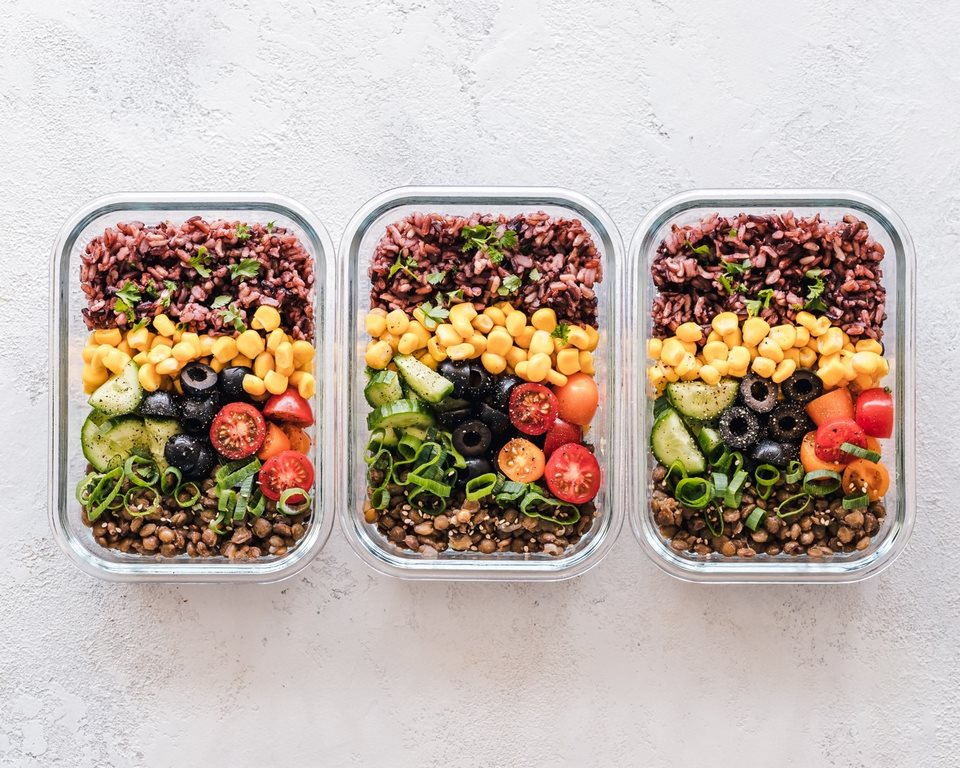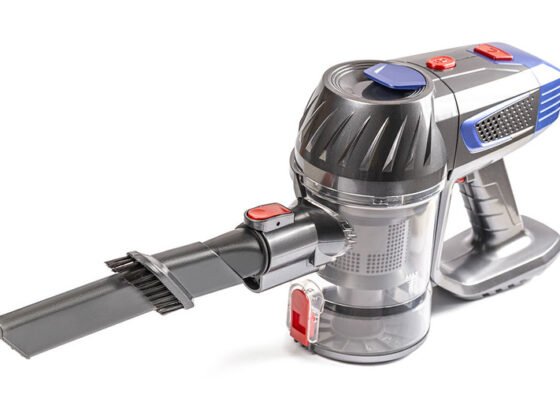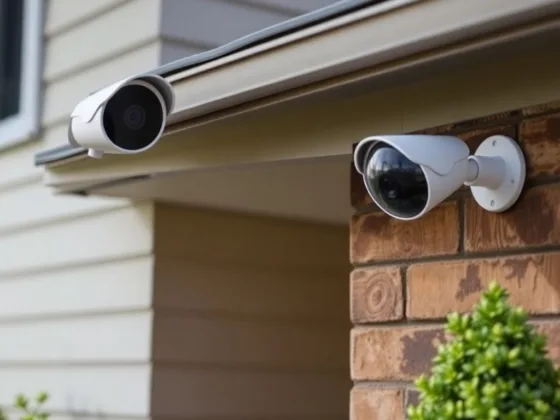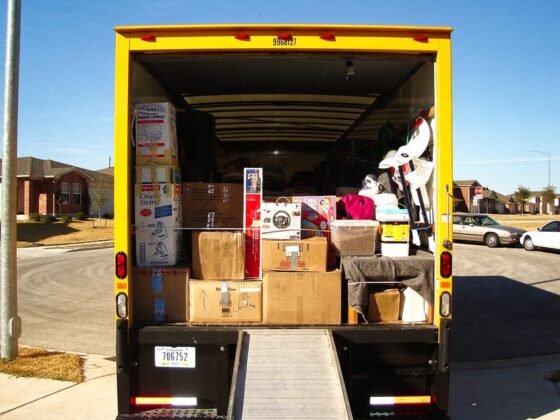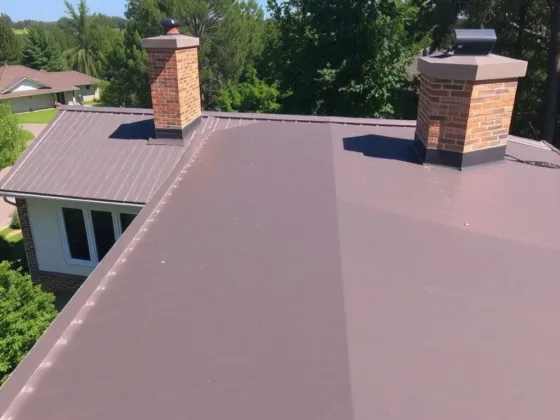Table of Contents Show
Deciding that you want to start saving for a home is an exciting time, but plenty of preparation and willpower is involved. We’re going to provide seven money-saving tips when you’re buying a house.
There are lots of financial things to consider when saving for the deposit for a new home. This is also the case when selecting and purchasing the property you’re interested in.

For starters, finding a conveyancing law firm that can provide a reasonably priced solicitor, the valuation fees, land registry fees, stamp duty (if you aren’t a first-time buyer), and many other fees that all add up. Then, there’s the saving for the deposit before all this admin work begins!
So, now you have an idea of the additional fees that will need to be paid, we’re going to provide you with seven money-saving tips when you’re buying a house. Keep reading for the money-saving tips you need, whether it’s your first home or not.
1. Open a Lifetime ISA (LISA)
A scheme created by the government to assist first-time buyers is the lifetime ISA. It works by putting up to £4,000 into the ISA each tax year, and the government will put 25 percent of what you have put in on top. For example, if you put £2,000 in one year, they will put £500 on top.
There are certain criteria for a LISA, for example, there is a cap on this government grant. MoneyHelper can provide further information if you are interested in opening a Lifetime ISA to help save for your first home.
2. Set Up Regular Deposits into Your Savings
The best way to save money is to remove the amount of money you want to save monthly from your current account as soon as it’s paid in.
After all, removing it from your eyesight or into a savings account that is untouchable is the only way some people can save money.
There are certain saving accounts you can open with your bank that prevents money from being removed for a set time period, such as a year or more.
If you were to remove any money before the set period, there is usually a fee. This is a great way of saving if you struggle to leave your money untouched.
Read Also:
3. Cut Down on Everyday Spending
Be more conscious of where you are spending your money. They might seem like small purchases £3 here and there but, over time, they add up to be a considerable amount of money. This, instead, could have been put towards your deposit.
If you go to buy something, stop to think about whether it is a necessary purchase or not.
For example, if you are buying a cup of coffee for £3, could you have made it at home for cheaper. Same with purchasing lunch; if you have the ingredients at home, it could save you a lot.
£5 a day for lunch, three times a week, adds up to £25, £100 a month and £1,200 over the course of a year. We recognize that making lunch at home still costs, but it is considerably less making meals from scratch.
4. Improve Your Credit Score
The better your credit score is, the more likely you are to get a better deal on your mortgage. If your credit score is low, then there is the possibility that you won’t be offered the best mortgage rates.
If you have the money to put a deposit down on a property, it can be exciting and sometimes make you want to rush into things.
But, start looking at your credit score first and see how you can improve it so that you are able to get better rates.
5. Look at Multiple Lenders to Find the Best Deal Available
If you see a deal that you presume is good, make sure that you don’t settle for that initially because there could be the possibility of a better deal out there.
Make sure that you take the time to look around at other lenders and see if you can find something better. Or, perhaps call lenders directly and see if you can negotiate an even better deal.
6. Save a Larger Deposit
The minimum rate that some mortgage lenders will accept is 5 percent, the most common being between 10 to 15 percent, and a higher deposit around 25 percent. This is appealing to lenders and often leads to lower mortgage rates.
So, if you aren’t in dire need of purchasing a home straight away, for example, you’re living with parents or in a house share, then try and hold on for a little while longer. This way, you can save a larger deposit because, so it will reduce the amount you’ll have to pay in the long run.
7. Choose a Renovation Job
Another way to save money whilst buying a home is to pick up one that needs work done to it, rather than a property that has already been done up. This will reduce the amount you have to pay, and you might get more for your money, such as a bigger property.
Obviously, a home needing work done will cost money to do up, so it might not be the ideal option for some people.
But, if you’re happy to take your time with a renovation project, then it might be the better option, especially if the end result is a house specifically designed to your taste.
Buying a Home Can Be Done Quicker and Cheaper
What we can conclude from this article is that buying a home doesn’t have to take ages when you efficiently plan, and it can also be done so that you pay less money. When you take the time to find the right deals, it can be in a way that is cost-effective.
What are some of your best money-saving tips when it comes to buying a property? Let us know in the comments below.
Please be advised that this article is for general informational purposes only, and should not be used as a substitute for advice from a trained financial professional.
Be sure to consult a financial professional or advisor if you’re seeking advice regarding saving for a house. We are not liable for risks or issues associated with using or acting upon the information on this site.

